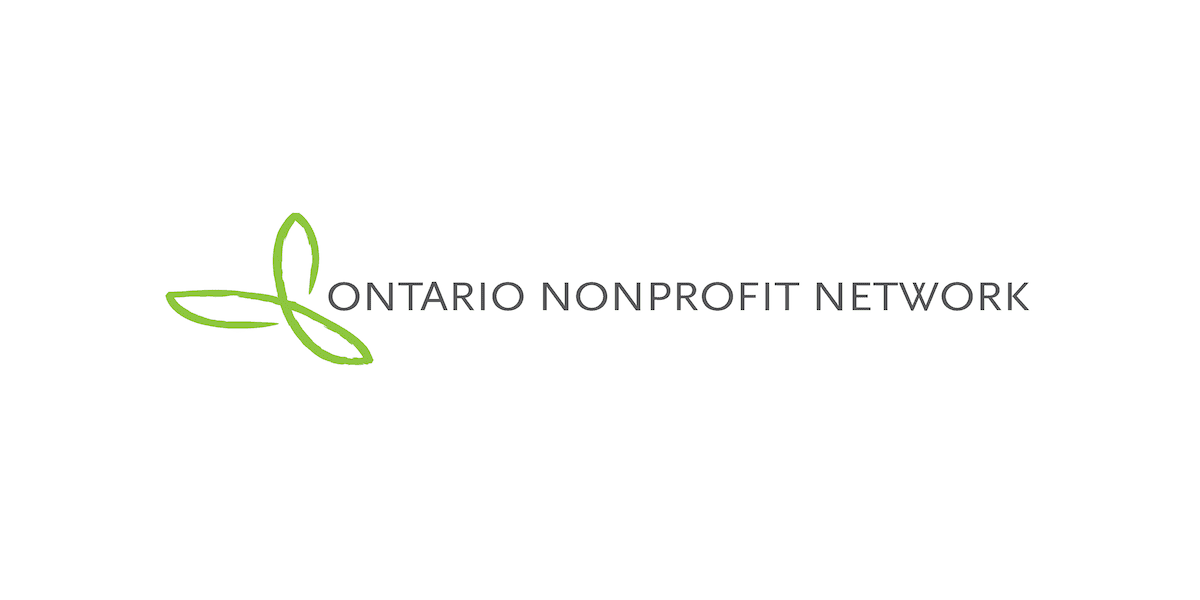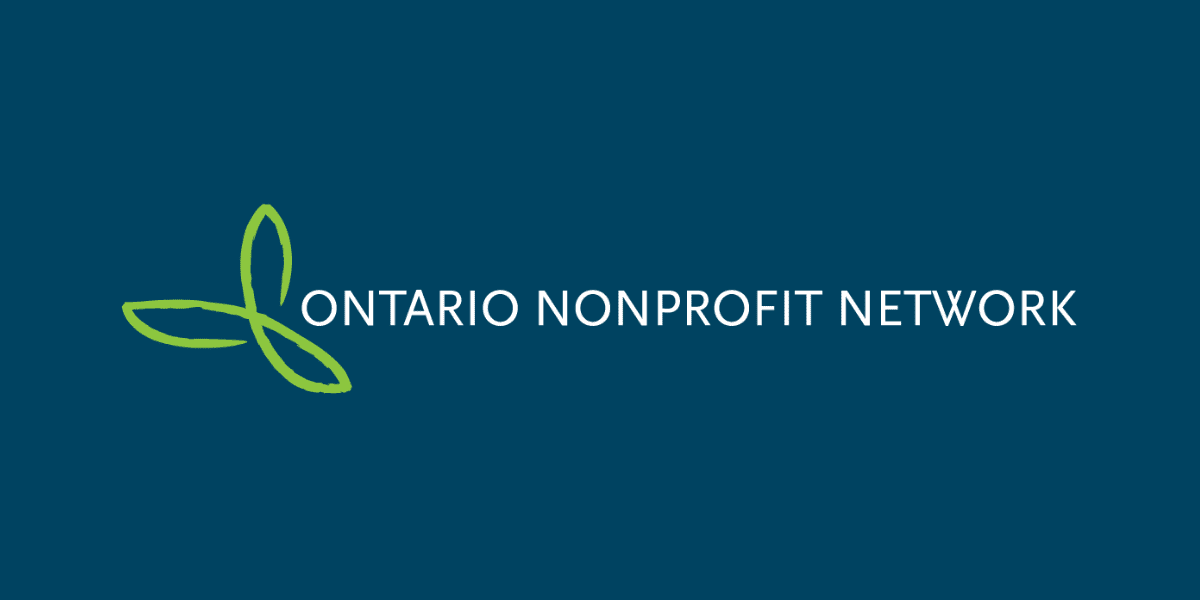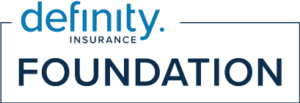
Blog
Community voices are essential to democracy: the notwithstanding clause should not be invoked
We are dismayed and frustrated the Ontario government has chosen to bulldoze its way through Bill 254’s legal challenges, invoking Section 33 of the Charter rather than amending the legislation to appropriately deal with legal and community concerns.
It is important for democracy that there are rules to limit the influence of big spenders on the political process. At the same time, it is vitally important that regulations for third parties do not overreach or have unintended consequences, such as preventing community voices from being heard.
Public benefit nonprofits are the bridge between our communities and government. One of their key roles is public policy advocacy, where communities share their experiences with government policies and programs to improve them. Without an engaged nonprofit sector, it would be much harder for the government to know what people want and need.
Elections are a critical time to engage people in the process of developing policy. For a healthy democracy, we need people and their community-based nonprofits to participate in the election process.
ONN strongly advocates that public benefit nonprofits should be exempt from third-party advertising rules as long as their communications remain nonpartisan.
We support the principle of regulating third-party advertising around elections and acknowledge that getting it right is complex. It is important to recognize, however, that community-based nonprofits are different from political action groups that are mainly active only around elections and exist almost exclusively to influence voter behaviour.
Bill 254 was recently passed by the Ontario Legislature, enacting stricter rules for organizations that engage in “pre-election advertising.” These rules, however, have unintended consequences for community-based nonprofits and charities, increasing the administrative burden associated with participating in the democratic process and risking a new advocacy chill.
The Attorney General has characterized this bill as clamping down on “wealthy elites, corporations and special interest groups operating through American-style super PACS”. Despite numerous calls and letters to the Minister of the Attorney General and a presentation to the Standing Committee on the Legislative Assembly, the concerns of the nonprofit sector were ignored. The Ontario government has yet to acknowledge the impact of these rules on community-governed nonprofits.
Here’s what we recommended to the Ontario Government:
- Amend Bill 254 in order to increase the threshold for “third-party advertisers” to register and report.
- Clarify language around “collusion” to take into account the legitimate coalition-based advocacy that nonprofits engage in.
- Lighten the administrative burden for nonprofits by enabling the use of existing audited financial statements in reporting.
The Ontario Superior Court of Justice struck down provisions of Bill 254 on June 8, 2021. Justice Edward Morgan said in his ruling, “elections belong to the people and not governments or political parties. Independent voices need to be heard so that important issues can be discussed during elections and not just those chosen by politicians and corporate media interests.”
Nonpartisan advocacy is not third-party political advertising. There are ways the Ontario government can reduce the influence of money in politics without silencing community voices.





